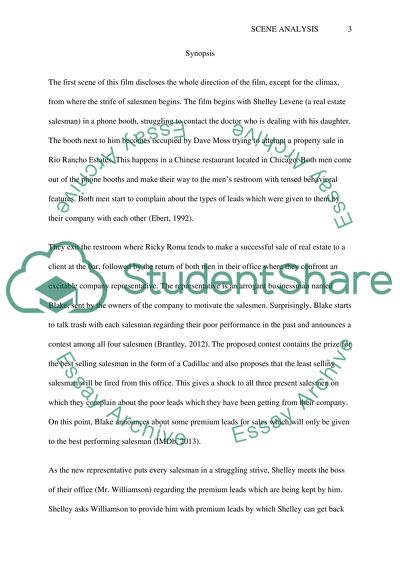Cite this document
(“Glengarry Glen Ross Essay Example | Topics and Well Written Essays - 1750 words”, n.d.)
Retrieved de https://studentshare.org/visual-arts-film-studies/1486426-glengarry-glen-ross-film-review-and-analysis
Retrieved de https://studentshare.org/visual-arts-film-studies/1486426-glengarry-glen-ross-film-review-and-analysis
(Glengarry Glen Ross Essay Example | Topics and Well Written Essays - 1750 Words)
https://studentshare.org/visual-arts-film-studies/1486426-glengarry-glen-ross-film-review-and-analysis.
https://studentshare.org/visual-arts-film-studies/1486426-glengarry-glen-ross-film-review-and-analysis.
“Glengarry Glen Ross Essay Example | Topics and Well Written Essays - 1750 Words”, n.d. https://studentshare.org/visual-arts-film-studies/1486426-glengarry-glen-ross-film-review-and-analysis.


